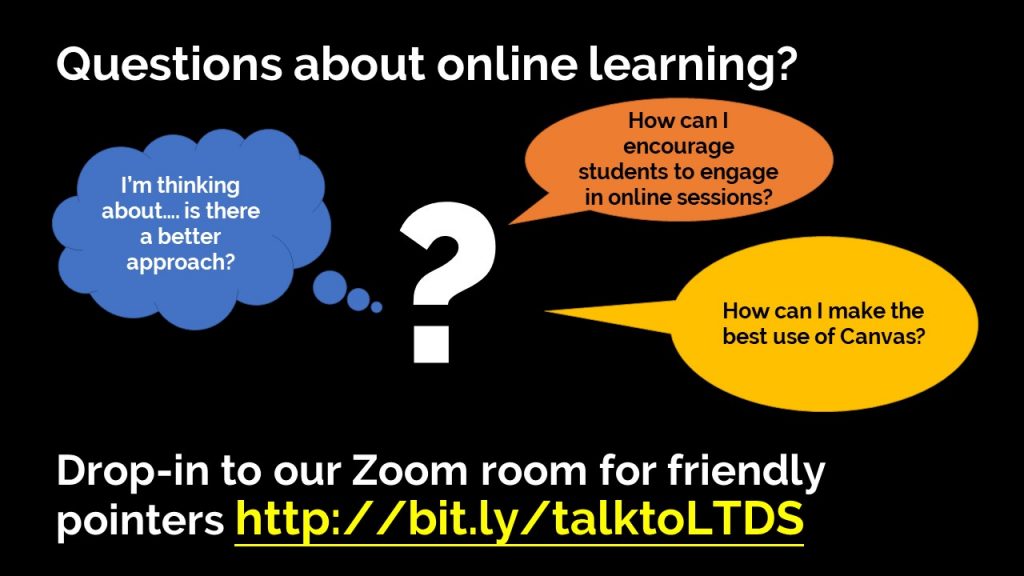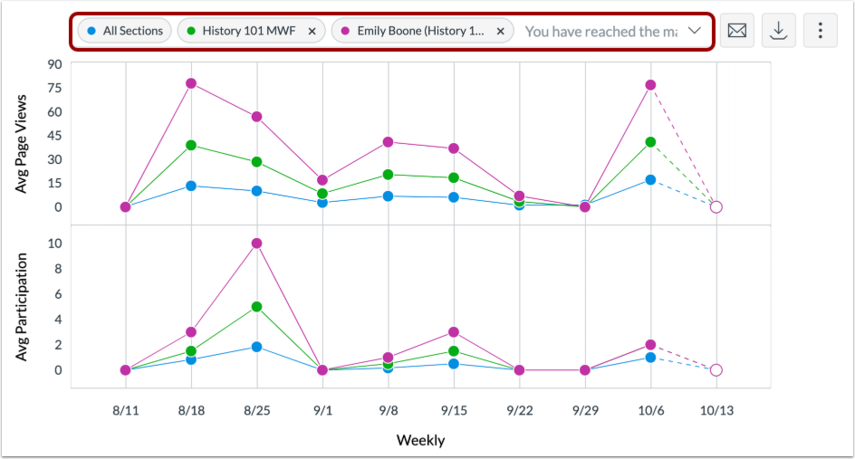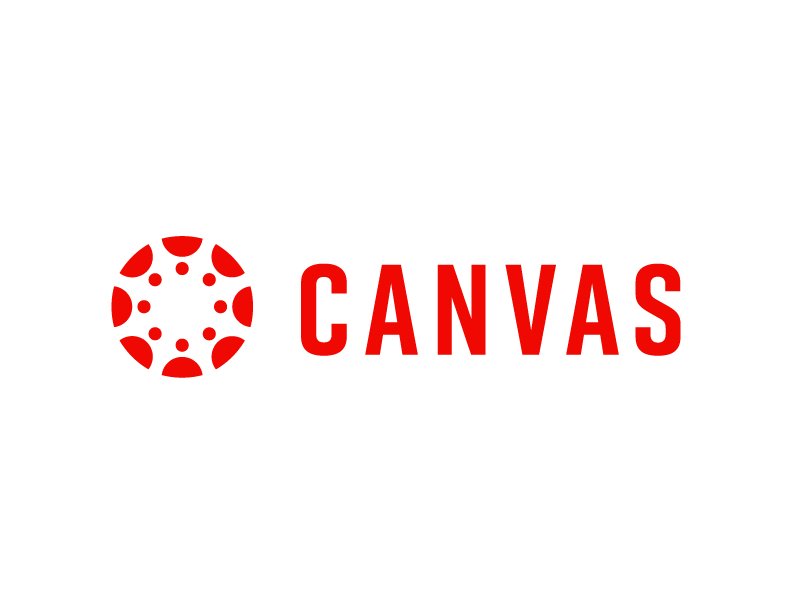The Accessibility in Practice online course is designed to provide you with some of the core skills and techniques for embedding accessibility into your teaching and learning practice, and in making your digital resources accessible to everyone.
Tom Harrison recently completed the online course. He shares the parts of the course he found most useful and how he has changed his practice resulting in real benefits to students.
Hi, I’m Tom Harrison; I work as a Student Recruitment Co-ordinator at Newcastle University and also teach English Literature. My roles involve designing lots of activities and presentations for a wide variety of students, so I was interested in using the Accessibility in Practice course to develop my awareness of how to adjust my materials to accommodate different learner needs.

One of the most revealing sections was an exercise to simulate difficulties that dyslexic students could have reading slides in lectures. The team presented a simple story (Aesop’s ‘Tortoise and the Hare’: a classic!) and changed the text a bit to give an idea of how reading speeds can differ.
Even with such a simple, familiar story I found the text difficult to read, and although I managed a couple of lines I got nowhere near finishing the full paragraph in the two minutes allotted by the presenter. The experience was confusing and frustrating, and made worse when the presenter spoke while the text was onscreen: at this point my attention was split between the audio and the visuals, which meant I wasn’t paying attention to either.
The manipulated text, the short reading time, and the over-talkative presenter were of course all part of the team’s cunning plan to show how difficult it can be for dyslexic students to read large blocks of text in a lecture setting. I have to confess that previously I’ve assumed that students can multi-task as I rattle through text-heavy lecture slides, and that highlighting key words and phrases in bold or in different colours was enough to focus students on what they need to know. Those visually-enhanced techniques work fine for some, but of course are no help at all to students who are colour blind, or who are accessing lecture materials through specialist software. I looked back over my old PowerPoints with fresh eyes and realised that, to some students, my beautifully colour-coded, quote-heavy slides would have just been a big blocky mess.
The biggest change the training has made to my practice is that I now appreciate that students need more time to process on-screen text, and that they may be accessing this text in a different way to how I’ve previously assumed. I now make a point of reading out any text that I include on slides to help keep students focused and avoid unnecessary distractions. As an added bonus, I’ve also learnt to cut down the size of my on-screen quotations: no one, not even me, wants to hear me reading out huge chunks of text!
If you are delivering information to students in any capacity I recommend having a look at this resource: the course is full of useful, practical tips that will help you modify what you already do rather than change it to something completely different. Well worth an hour of your time, I’d say, and your students will thank you for it!
All Newcastle University colleagues can complete the Accessibility in Practice online Canvas course.






